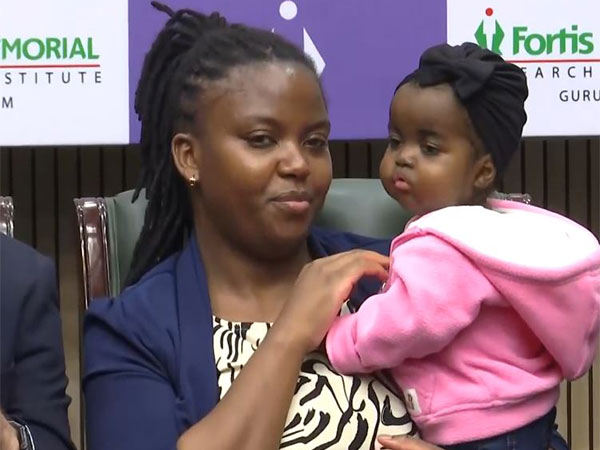Breakthrough in India: First Successful Treatment of Pearson Syndrome in Infants
Doctors in Gurugram achieved a breakthrough by successfully treating a 14-month-old Kenyan baby with the rare Pearson Syndrome. This marks India's first treatment of its kind, highlighting the potential for stem cell transplants to combat genetic conditions affecting mitochondria, despite the disease's low global survival rates.

- Country:
- India
In a pioneering medical feat, a team of doctors at Gurugram's Fortis Memorial Research Institute have successfully treated a 14-month-old baby from Kenya diagnosed with the rare Pearson Syndrome, marking a first for India. Led by Dr. Vikas Dua, experts performed a stem cell transplant after an intricate chemotherapy regimen.
Pearson Syndrome, a rare genetic condition affecting mitochondria in cells, has a global survival rate of merely one in a million. The disorder involves the critical parts of mitochondrial DNA, causing severe issues with energy production in the body. Before this successful procedure, only seven known transplants for Pearson Syndrome had been conducted worldwide.
The young patient, Baby Arianna, exhibited severe anemia from birth, necessitating multiple transfusions. With no matched sibling donors available, her mother became the donor for a half-matched transplant. Post-surgery, the child is recovering well, underscoring the success of a multidisciplinary approach and the expertise at Fortis Memorial Research Institute.
(With inputs from agencies.)










